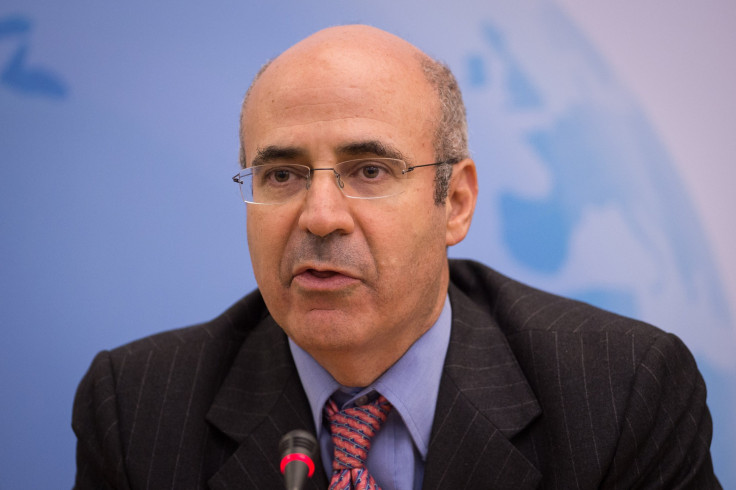Russia Hired British Politicians To Go After Putin's Foes In London, Says Report

Secret evidence submitted to the British parliament’s Intelligence and Security Committee (ISC) is showing that Russia hired U.K. politicians and other unwitting “well paid” intermediaries to advance criminal activities and to “go after” Russian President Vladimir Putin’s London-based enemies.
Taking center stage in this potential bombshell is Bill Browder, an American-born British financier, and political activist. He alleges politicians from both Labor and the Conservative parties, former intelligence officers and diplomats, and leading public relations firms are involved. Browder referred to the collective group as a “western buffer network”.
The 50-page report into how the Kremlin is seeking to influence and subvert U.K. politics and society was drawn up by British Members of Parliament (MPs) and was ready for release last November before the July 2019 election. New Prime Minister Boris Johnson is accused of refusing to publish it.
Browder gave the Guardian permission to publish his previously confidential evidence that he submitted to ISC. Browder alleges that Moscow uses these professionals to mask its “entangled” state and criminal interests, that it deploys them to attack Putin critics, “enhance Russian propaganda and disinformation,” and to “facilitate and conceal massive money-laundering operations.”
Browder also claimed that some of the intermediates had “reason to know exactly what they are doing and for whom” and that others “work unwittingly for Russian state interests”. There was no suggestion in Browder’s testimony that British citizens broke the law.
Dmitry Peskov, Putin’s spokesperson, called Browder’s claims false and “totally groundless” and said they were “a perfect example of a maniac-style Russophobia” when questioned about corruption in the Russian state.
Browder’s motivations are probably more retaliatory than a case of “Russophobia”. His fund, Hermitage Capital Management, was once the biggest foreign investor in the Russian market. In 2005, he was deported from Russia after calling for a clean-up of companies that Putin and his cronies had a financial interest in.
After the deportation, people linked to the FSB (the principal spy agency of Russia and the main successor the KGB), allegedly stole $230 million in taxes paid by the fund to the Russian treasury. In 2009, Browder’s lawyer Sergei Magnitsky, died in custody leading to Browder persuading the U.S. and some other western governments to sanction senior officials allegedly involved in human rights abuses.
In an interview with the Guardian, Browder said, “Yes, there are members of the Russian security services working out of the Russian embassy under diplomatic cover. What the government seems to be missing is the fact that there are all sorts of informal espionage networks.”
He continued, “There are Russian oligarchs who have a much greater impact on the security of this country. What’s most shocking is that the Russian government is indirectly hiring British nationals to assist them in its intelligence operations.”
Browder pleads his case to the ISC that Russian state and organized crime have used stolen funds from the budget and private companies to enrich senior officials, including Putin, and to finance “black ops and special projects.”
The Kremlin has issued multiple warrants for Browder’s arrest over charges of tax evasion and deliberate bankruptcy and has convicted him in absentia. Browder says he is the victim of a vendetta by corrupt state officials and denies all charges.
Browder goes on naming other British individuals who appear as nominal directors of non-transparent firms in countries through which billions of dollars have been laundered, including the U.K., Russia, Ukraine, Cyprus, and Latvia.
© Copyright IBTimes 2025. All rights reserved.





















